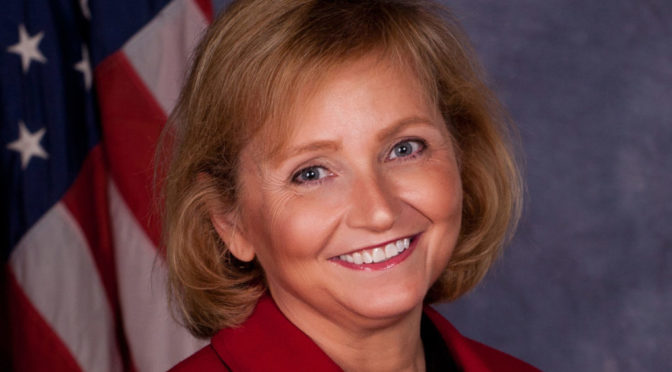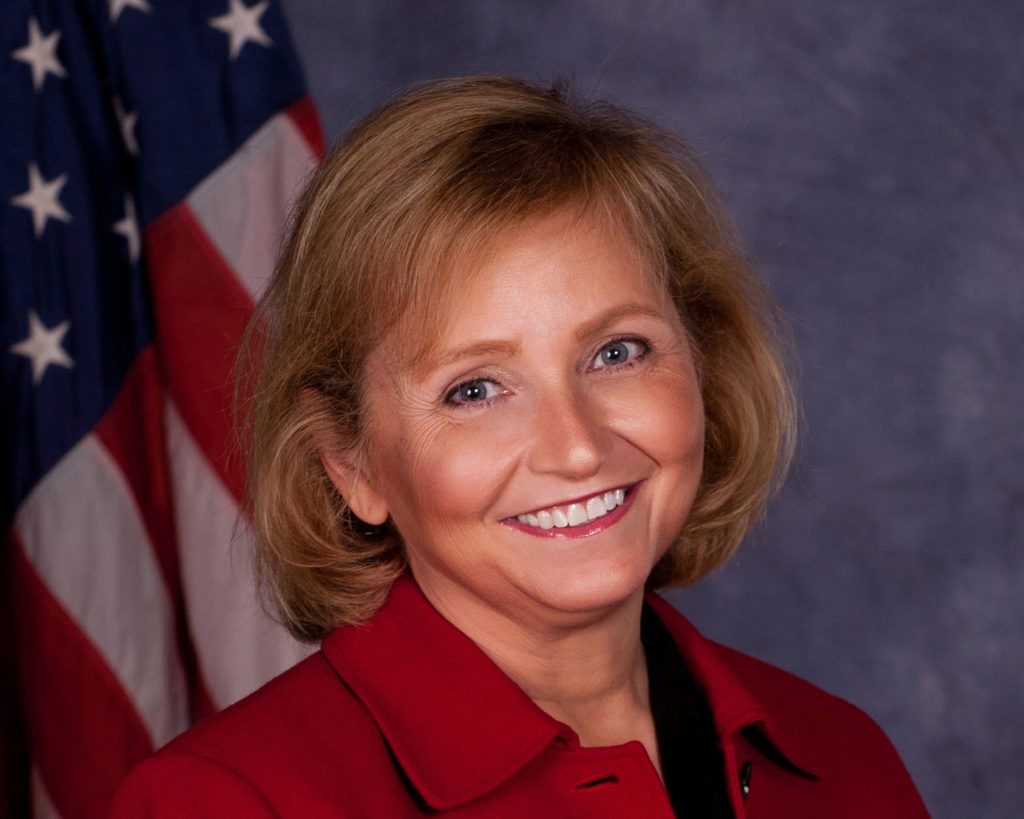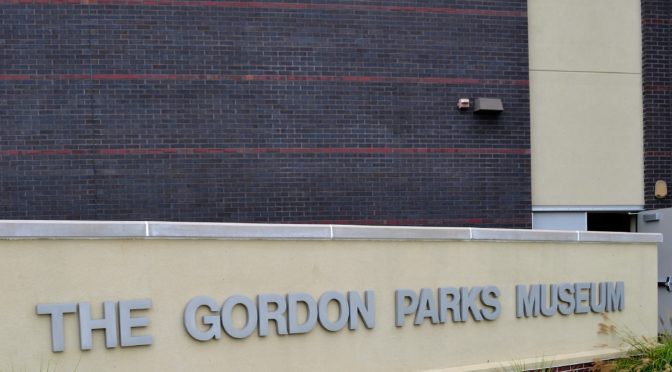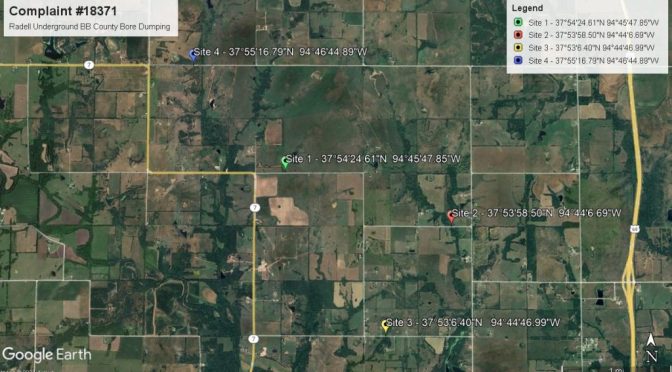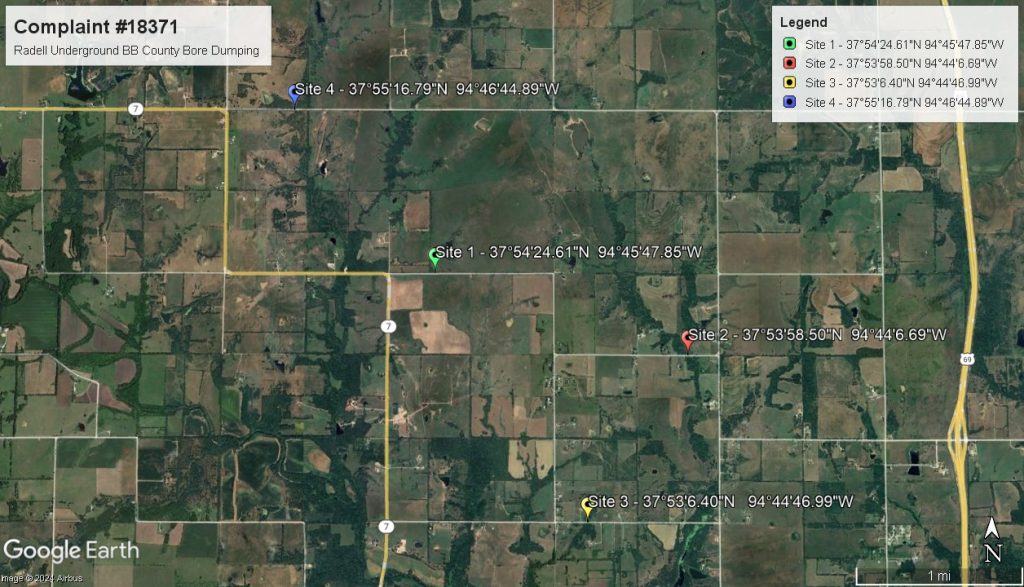2025 Kansas Health Champions Announced
TOPEKA – The Kansas Department of Health and Environment (KDHE) and the Governor’s Council on Wellness (GCOW) presented the 2025 Kansas Health Champion Awards during the Community Health Promotion Summit today, Thursday, Jan. 23.
The Governor’s Council on Wellness developed the Health Champion Award to recognize and promote exemplary contributions to wellness in Kansas. Those recognized include an individual and organization, as well as honorable mentions in each category.
- Individual Health Champions: Erica Johnson, Wilson County
- Organizational Health Champion: Dr. Myron Leinwetter, Rossville
- Individual Honorable Mention: Communities Organized to Promote Equity
- Organizational Honorable Mention: The Running Collective
“Congratulations to this year’s Health Champions,” said Jody Love, GCOW Health Champion Committee Chair. “Your dedication to enhancing the health and well-being of your communities is truly inspiring. Thank you for making a meaningful impact.”
Health Champions
Erica Johnson – 2025 Individual Health Champion
Erica Johnson of Wilson County has transformed her community by creating real opportunities for health and wellness. As Director of Marketing at Wilson Medical Center and Chairwoman of the Neodesha Active Transportation Advisory Board, Erica has led efforts to expand access to fitness programs, create safe walking and biking paths, and improve healthcare outreach to underserved populations. Her leadership revitalized neglected parks, empowered youth-led tobacco prevention programs, and advanced policies supporting healthier, more active communities. Erica’s work exemplifies a commitment to building equitable opportunities for health in Wilson County.
Dr. Myron Leinwetter – 2025 Individual Honorable Mention
Dr. Myron Leinwetter, a retired physician in Rossville, has dedicated his retirement to improving the health and wellness of his community. As a founding member of the Rossville Community Foundation, Dr. Leinwetter has spearheaded transformative projects like the Rossville Community Trail, a nearly $1 million initiative creating safe, accessible paths linking key parts of the town. His tireless grant writing, fundraising, and advocacy have resulted in multiple trail phases and other wellness programs, including 5K events and youth tobacco prevention initiatives. Beyond Rossville, Dr. Leinwetter shares his vision across Kansas, inspiring others to create healthier, more connected communities.
Communities Organized to Promote Equity (COPE) – 2025 Organizational Health Champion
Communities Organized to Promote Equity (COPE) has revolutionized health and wellness in Kansas through its Local Health Equity Action Teams (LHEATs). Over the past three years, COPE has empowered 20 community-led teams to identify and tackle pressing local issues, from addressing food insecurity with community gardens to launching regional public transportation systems in underserved counties. By incorporating community health workers and fostering partnerships across sectors, COPE ensures that voices from all walks of life—particularly those historically excluded—shape solutions. Their innovative approach has improved access to services, strengthened neighborhoods, and transformed health outcomes statewide.
The Running Collective – 2025 Organizational Honorable Mention
The Running Collective has redefined fitness and community in Pittsburg, Kansas, by creating an inclusive, supportive environment where individuals of all ages and skill levels can get active together. Guided by their motto, #AtYourOwnPace, they’ve made movement accessible and fun while fostering a sense of belonging. Over the past three years, they’ve introduced events like the annual Turkey Trot, inspiring hundreds to embrace healthier lifestyles. Beyond running, The Running Collective raises funds for impactful causes, including donations to purchase bikes for youth and a $12,000 goal this year for Big Brothers Big Sisters, demonstrating their commitment to uplifting the entire community.
The 2025 Health Champions demonstrate the profound impact that individuals and organizations can have when they work tirelessly to improve health outcomes and create equitable opportunities for wellness. Their passion, leadership and vision are transforming lives and communities across Kansas. These honorees remind us that through collaboration and determination, we can build a healthier, more inclusive future for everyone.
###
About the Governor’s Council on Wellness
The Council advises the Governor, the Secretary, and others on ways to improve the health of all Kansans by promoting physical activity, good dietary choices, and tobacco use prevention. Benefits of physical activity, nutrition, and tobacco use prevention include:
- Brain health
- Manage/Lose weight
- Reduce health risks for cardiovascular disease, Type 2 Diabetes, infectious disease and some cancers.
For more information visit: kdhe.ks.gov/2229.
